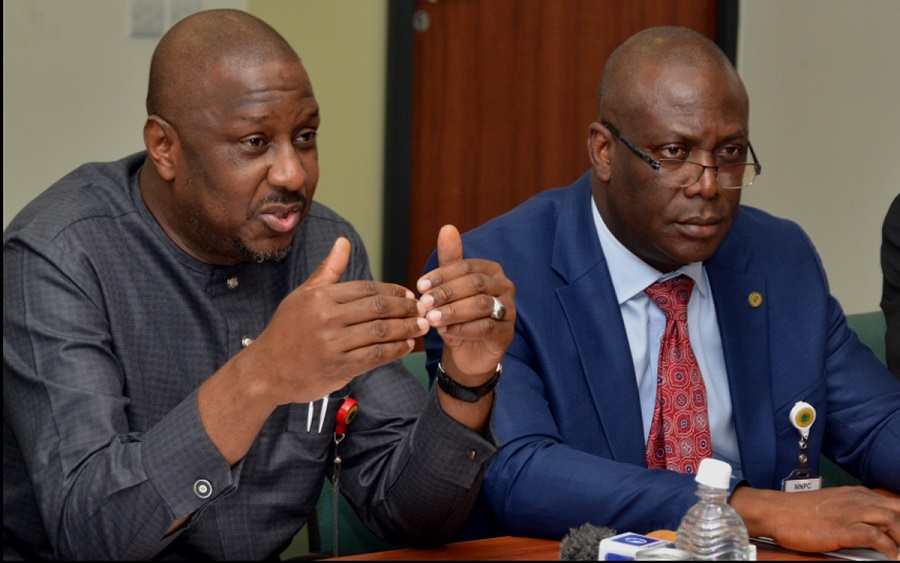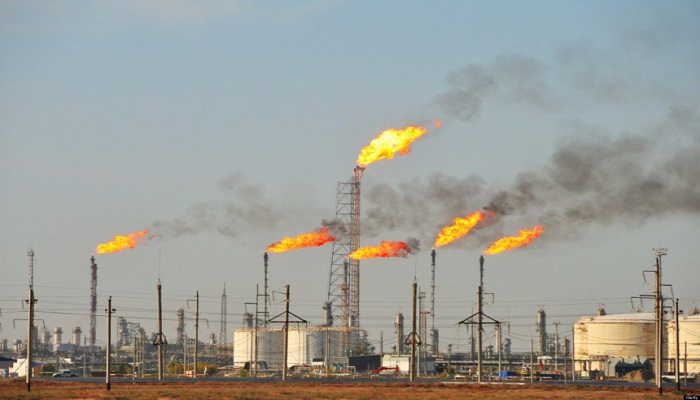The Nigerian National Petroleum Corporation (NNPC) has disclosed that $360 million has been spent on the cleanup of the Ogoni land situated in the Niger Delta region of the country.
The disclosure came in a statement released by NNPC’s General Manager, Group Public Affairs Division, Samson Makoji.

NNPC said it had disbursed funds for the cleanup in the last two years alongside its joint venture partners. They are Shell Petroleum Development Company (SPDC), Total Exploration and Production of Nigeria (TEPNG) and Nigerian Agip Oil Company (NAOC)
According to the Chief Operating Officer for Upstream at NNPC, Roland Ewubare, who represented the Group Managing Director, Mallam Mele Kyari, the $360 million spent was part of the $900 million recommended by the United Nations Environment Programme (UNEP) for the exercise. He made known that NNPC and its partners were ever ready to fund the project as prescribed by the UNEP report.
“Ogoni clean-up is a massive issue and NNPC and its JV partners are ready to fund the project as prescribed by the UNEP Report. We have so far disbursed $360million out of the $900million recommended.
“The disbursement was based on the standards set, which required that we release funds based on the implementation parameters of the clean-up exercise.”
[READ MORE: Why $60 billion claim against IOCs is hard to sell- NNPC)
Meanwhile, Reuters reports that a number of people living in the Ogoni community have questioned the impact of the said cleanup operation. According to Christian Kpandei, a fish farmer, whose land was polluted, what they are touting as cleanup is a substandard one. Another local, Morris Alagoa said that he had not really seen work being done in the land.
“I can’t say those handling the cleanup have actually started real work,” he said.


















